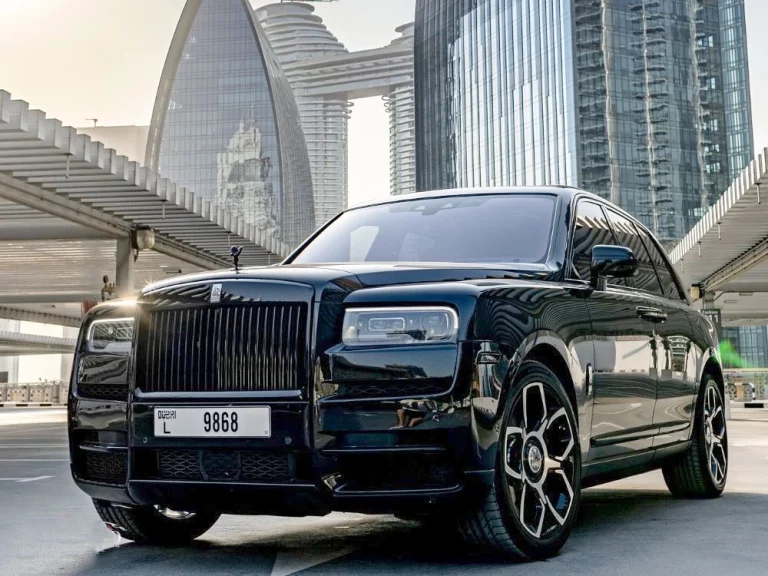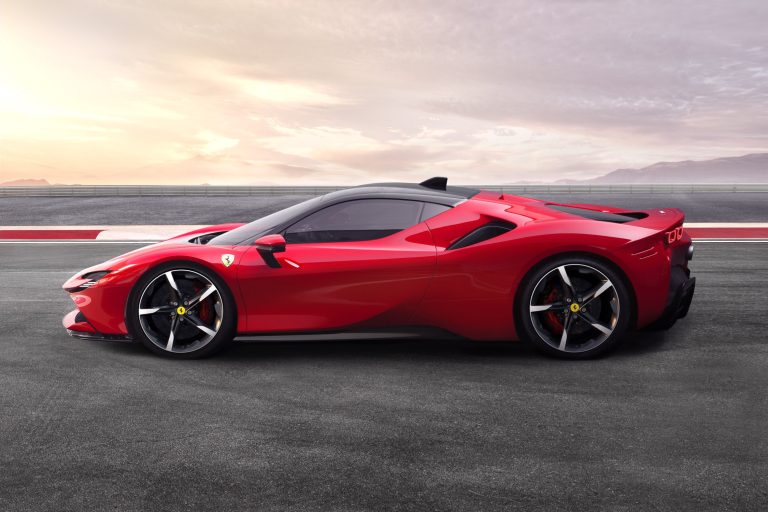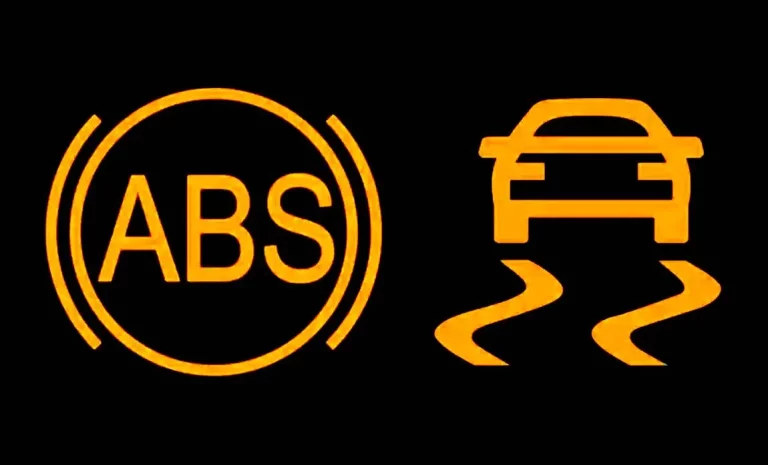Pros And Cons Of Buying A New Car
Buying a new car is a significant decision that comes with its own set of advantages and drawbacks. While a new vehicle offers the latest features, technology, and the assurance of reliability, it also comes with a hefty price tag and rapid depreciation. Today we will find out the pros and cons of purchasing a new car.

The Pros of Buying a New Car
Moving further, let’s discuss the advantages of purchasing a new car. These benefits often make new cars an attractive option despite their higher costs.
1. Latest Technology and Safety Features
Modern vehicles come equipped with the latest technological advancements which ease your driving experience. They often include advanced safety features like collision detection sensors, lane departure warnings, rearview cameras, and blind spot monitoring. These modern amenities enhance both your comfort and peace of mind.
2. Peace of Mind and Reliability
The reliability of a new car can beat the cost benefits of used vehicles. With a new car, you’re the first owner. This aspect brings inherent comfort; there’s no need to worry about hidden flaws, suspicious mileage, or past accidents. A brand-new car offers peace of mind and a sense of security; you know exactly what you’re getting from the start.
3. Personalization and Customization Options
The joy of owning a car also comes from the opportunity to customize it to your preferences right from the beginning. With new cars, you typically have the freedom to choose exterior and interior colors, select optional upgrades, and more. It’s all about crafting your dream machine.
4. Attractive Financing Offers
Another compelling reason to go for a new car is the attractive financing offers. Dealerships often provide competitive lending rates for new vehicle loans. Further, promotional schemes like cash back or rebates tend to incentivize new car purchases more than used ones.
5. Manufacturer’s Warranty
Finally, a significant benefit of buying a new car is the full manufacturer’s warranty. This warranty typically covers the car for a certain number of years or miles depending on the manufacturer. It provides you with peace of mind, knowing that if anything goes wrong, you can get it fixed without any additional cost. This feature is a unique advantage new vehicles offer over older ones.
While these benefits make buying a new car an appealing choice, it’s critical to evaluate them in light of your distinct needs and budget constraints. Essential factors like depreciation, purchase price, and insurance costs might still sway your decision in favor of a used vehicle. However, for many, the comfort, safety, and luxuries of a new car make it an attractive choice.
The Cons of Buying a New Car
Just like buying a new car has its perks, there are also some downsides to consider. In this section, we’ll look at these potential challenges, which include:

1. Higher Purchase Price
A significant concern when buying a new car revolves around the upfront cost. Compared to used cars, new ones come with a hefty price tag. A towering purchase price signifies that you’ll shell out more cash upfront, especially if you opt for a car loan. For instance, recently, the average cost of a new vehicle exceeded $48,000, according to data from Kelley Blue Book.
2. Quick and Significant Depreciation
New cars depreciate at a much faster rate compared to their used counterparts. Shortly after a new vehicle rolls off the lot, it can depreciate by as much as 20% within the first year. This rapid depreciation means that you may end up owing more on the car loan than the actual worth of the vehicle. Remember, depreciation doesn’t just impact the initial value of the car; it can also indirectly affect insurance costs and other associated expenses.
3. Potentially High Insurance Costs
The more valuable an asset, the more it often costs to insure. Given that new cars have a higher initial value, the cost of insurance can be significantly higher. Insurance price tags often take into consideration factors like the market value of the vehicle, potential repair costs, and safety record. With a new car, these values lean towards the higher end, resulting in steeper insurance premiums.
4. Lesser Return on Investment
A vehicle, in most instances, isn’t an investment since it rarely appreciates in value. Nevertheless, a new car’s return on investment can be less desirable compared to used cars. While you gain from having a full warranty and the latest features, the swift depreciation and high costs linked to ownership do not quite balance the scales.
Is It Worth Buying A New Car?
Examining the value of acquiring a new car, one finds it’s not a straightforward decision. Factors that complicate this decision reside not only in the initial high cost but also in ongoing expenses. New cars, while sparkling and boasting the latest features, become substantial financial responsibilities. One unignorable factor is the considerable sales tax a new car attracts, primarily due to its initial high price.
Another key consideration regards depreciation. Reliable sources such as Kelley Blue Book claim that new cars can lose up to 20 percent of their value in the first year itself. This significant drop in worth could potentially dampen your plans to resell the car later, potentially leading to a situation where the selling price doesn’t cover the loan’s remaining amount.

In contrast, choosing a used car mitigates the setback of depreciation. Most used cars have endured the brunt of depreciation by the time they change owners, making them a financially sound acquisition.
While it’s compelling to own a shiny new ride, the financial implications demand scrutiny. It’s key to balance personal desires, financial capacity, and objective reasoning in this important decision.
Frequently Asked Questions
What are the advantages of buying a new car?
A new car comes with the latest technology and safety features. Also, as the first owner, you get peace of mind from knowing your car’s full history. Other advantages include personalization options, attractive financing offers, and the full manufacturer’s warranty.
What are the shortcomings of purchasing a new car?
Though a new car brings many benefits, it has its downsides. The higher purchase price, quick depreciation, potentially high insurance costs, and a lesser return on investment compared to buying used are some of the cons to consider.
What are the financial implications of buying a new car?
While new cars often come with attractive financing offers, they also carry high sales tax and significant depreciation. This could pose financial challenges if you decide to resell. In contrast, a used car, having already undergone significant depreciation, can be a more cost-effective option.
How do I decide between a new car and a used car?
Weigh your personal preferences, desires, and financial capabilities against the pros and cons of each option. While new cars offer the latest features and full warranties, used cars can offer better value for money and lower overall costs.
Can negotiating help me get a better deal on a new car?
Yes, negotiation can help you get a better deal on a new car. Aim to pay between the invoice price and the sticker price. It is considered reasonable to start by asking for 5% off the invoice price and negotiate from there.
What is the best time to buy a new car?
January is often the slowest month for car sales, making it a great time to negotiate good deals. The holiday shopping spike in December often slows down dealership business in January.
How can I ensure a fair deal when buying a car?
Don’t focus solely on the monthly payment; consider the overall cost. Seek your own financing, visit multiple dealerships, avoid small unnecessary extras, know the value of your trade-in, choose the right time to buy, and don’t hesitate to negotiate. Lastly, maintain a friendly and respectful attitude.

Hi! I’m Larry Gibbs, studying mechanical engineering with a focus on cars. I really love Ferraris and write blog posts about the latest car stuff. When not studying or blogging, I’m usually on a road trip exploring new places. I also enjoy playing football and watching movies. Life’s an adventure, and I’m all about enjoying the ride!






